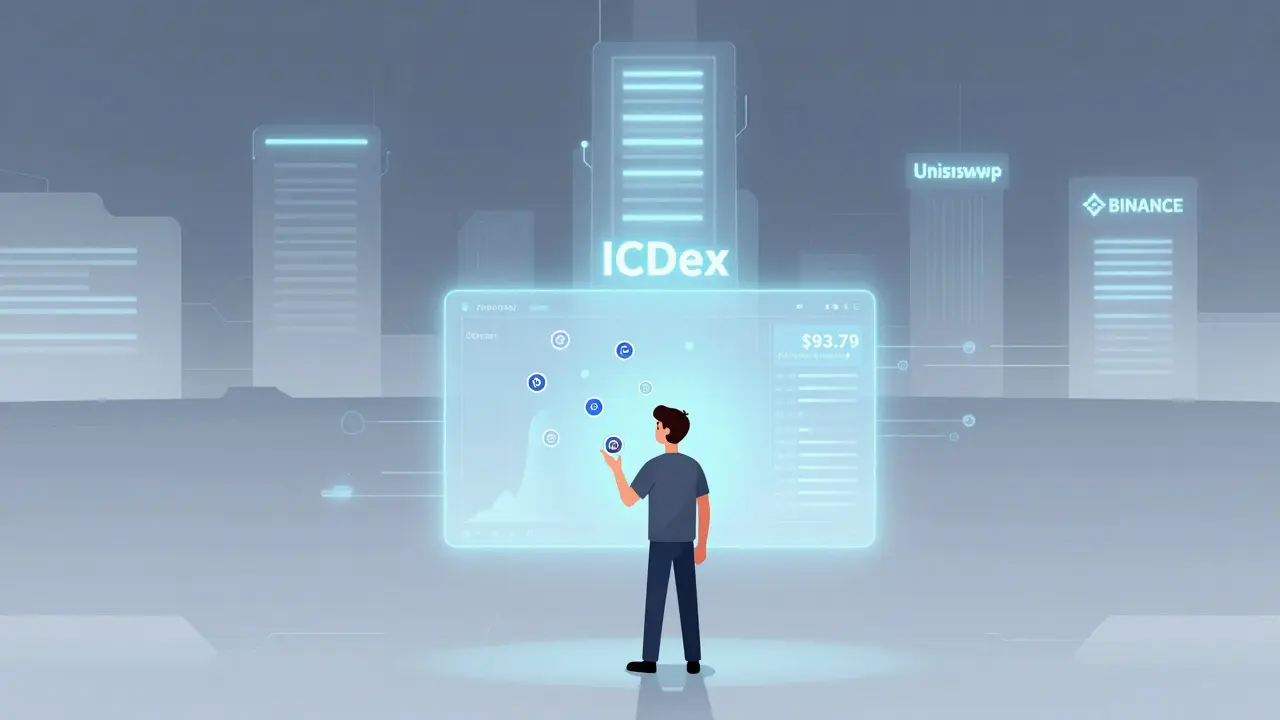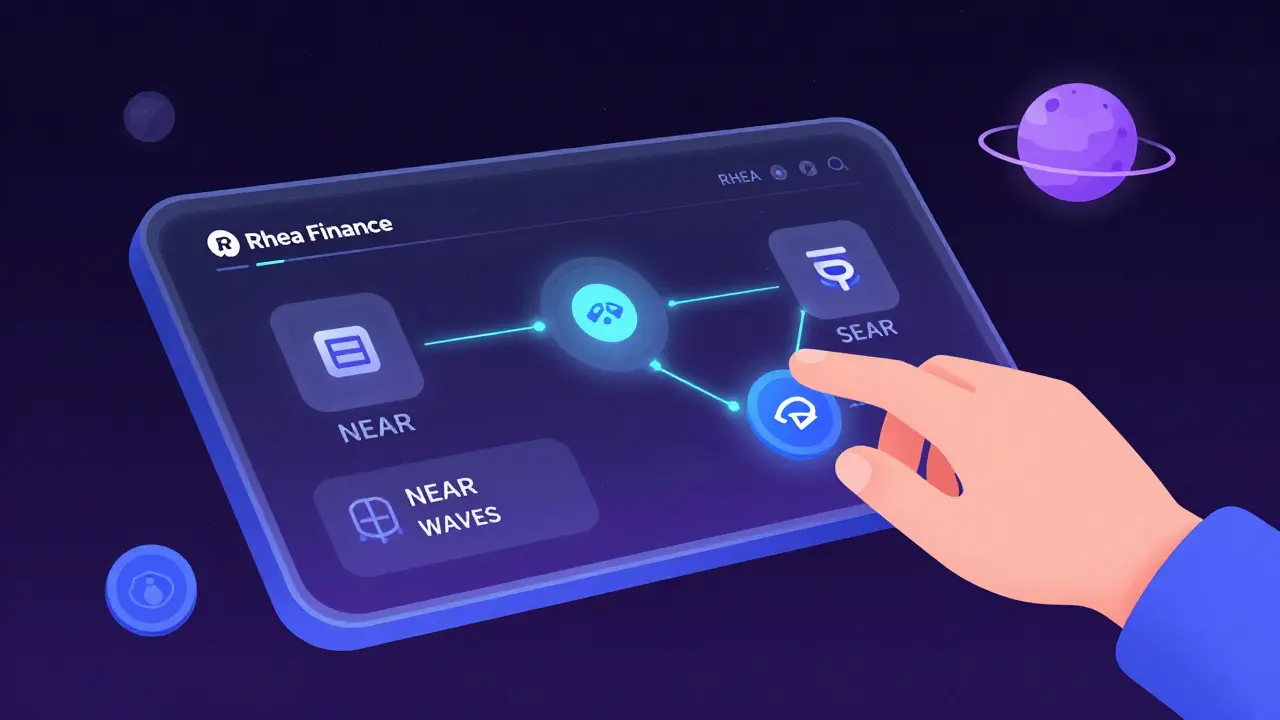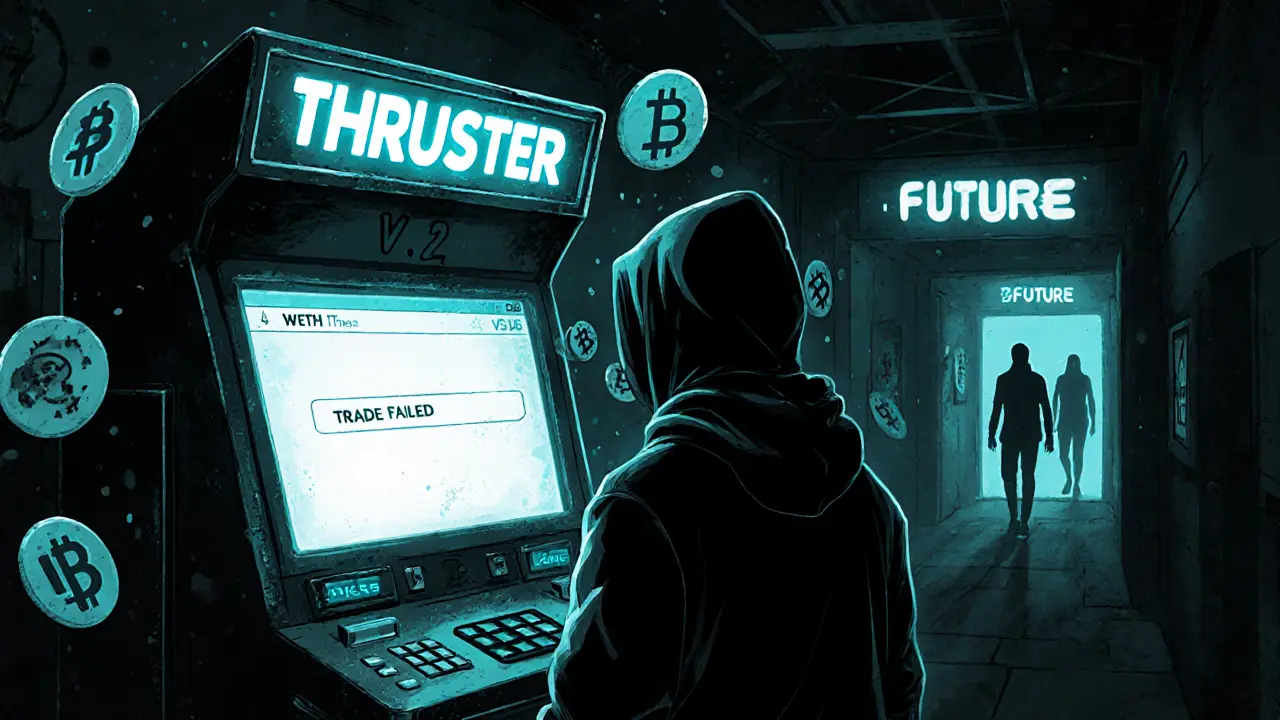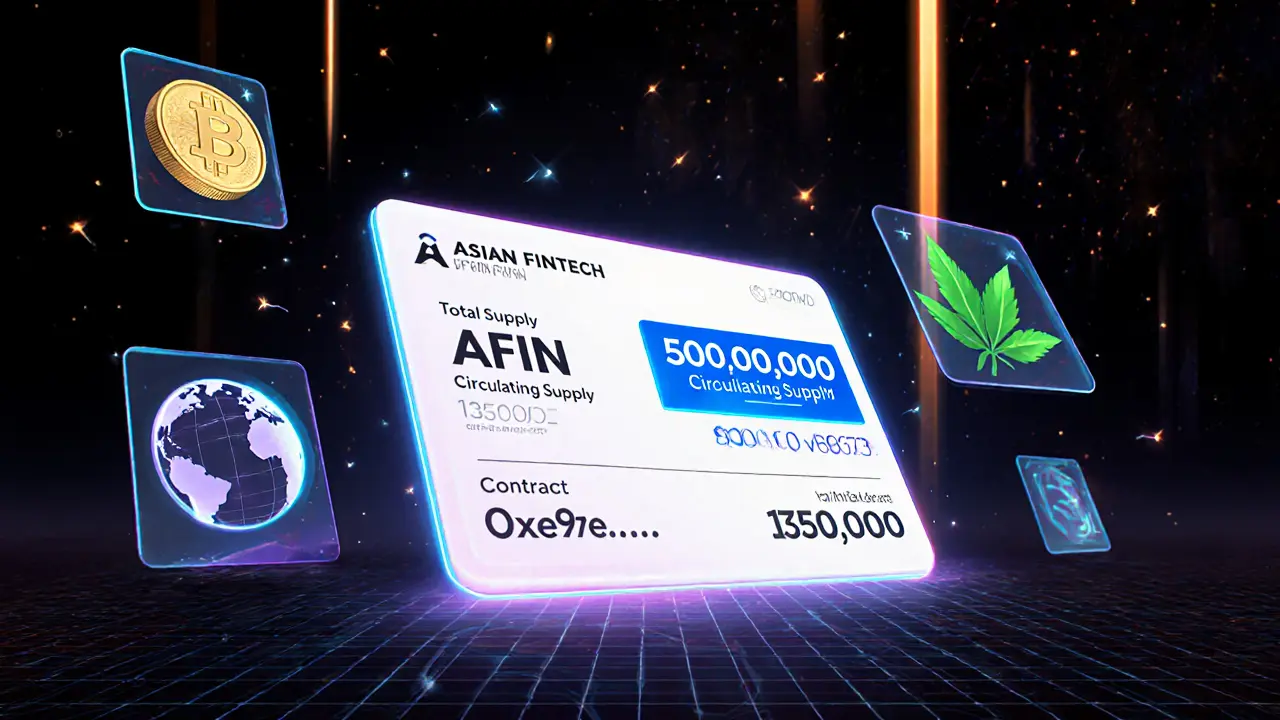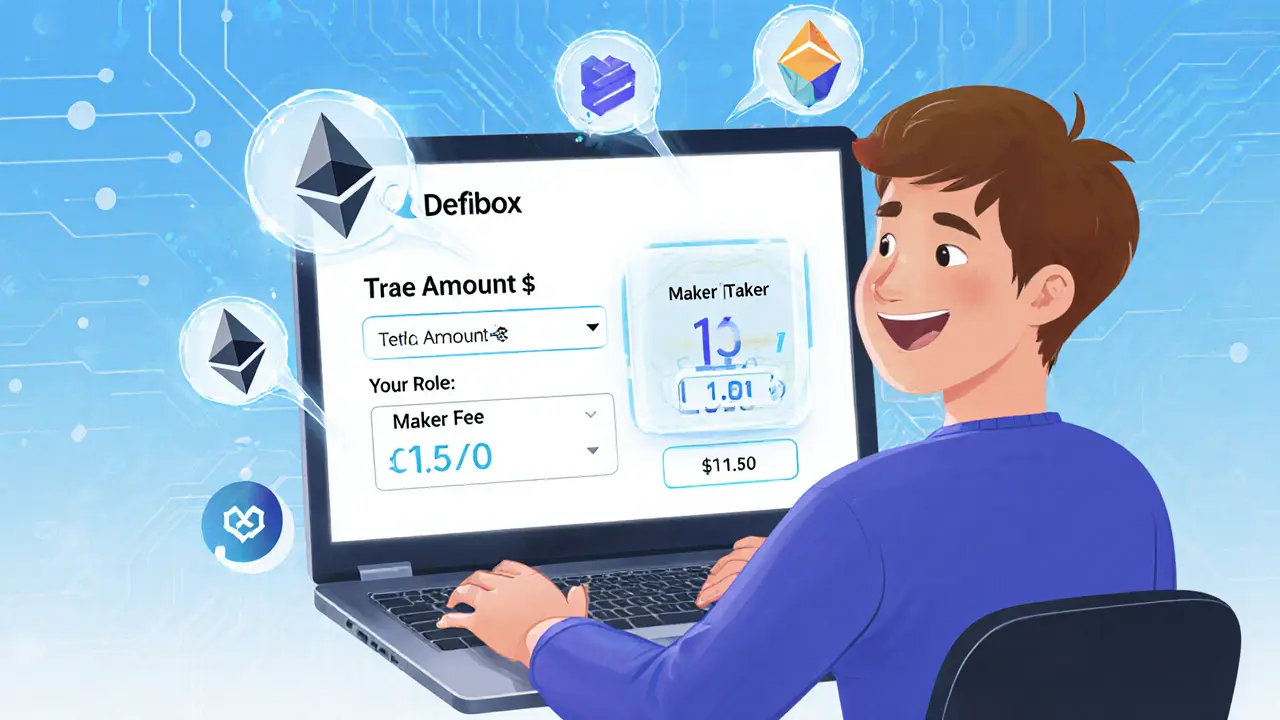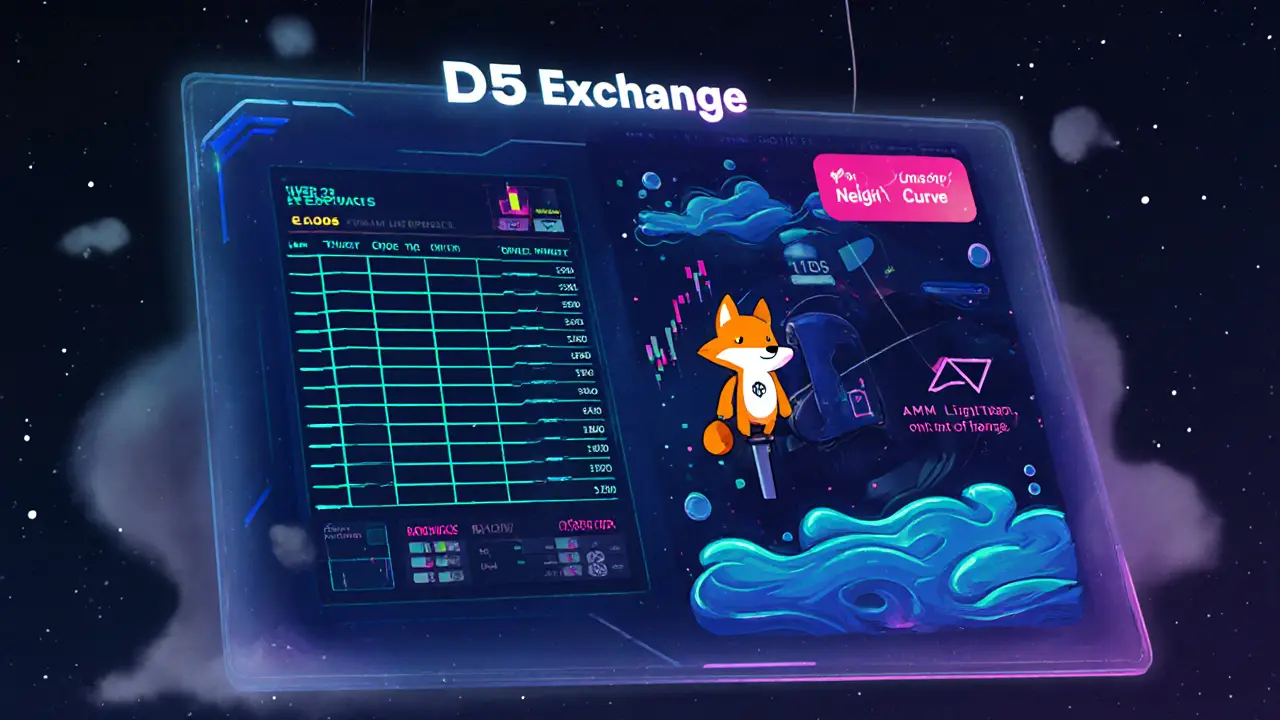Decentralized Exchange (DEX) Guide
When talking about decentralized exchange, a peer‑to‑peer platform that lets users trade crypto assets directly from their wallets without a central authority. Also known as DEX, it removes custodial middlemen, cuts fees, and puts control in the hands of traders. A DEX enables token swaps without custodial intermediaries, which is the core reason it’s a cornerstone of modern finance.
Most DEXs run on an automated market maker, a smart‑contract algorithm that sets prices based on the ratio of assets in a pool. The AMM relies on liquidity pools – collections of token pairs funded by users who earn a share of trading fees. In turn, liquidity pools, capital reserves that allow instant swaps and price discovery provide the capital that AMMs need. This feedback loop creates a self‑sustaining market where anyone can become a liquidity provider. Because DEXs live on‑chain, they naturally slot into the broader Decentralized Finance, the ecosystem of financial services built on public blockchains. DeFi platforms often embed DEXs for on‑ramp trading, yield farming, and cross‑protocol arbitrage, illustrating how DeFi integrates DEXs for on‑chain trading.
Governance also matters. Many DEX protocols issue governance tokens, cryptocurrency assets that grant voting rights on protocol upgrades and fee structures. Token holders can shape the future of the exchange, from tweaking AMM formulas to adding new asset pairs. This community‑driven model influences DEX protocol upgrades and keeps the ecosystem adaptable. Below you’ll find practical resources: a deep dive into VoltSwap’s meter‑based AMM, hands‑on reviews of XCOEX, Cat.Ex, and Slex Exchange, plus step‑by‑step guides for spotting safe airdrops and navigating DEX security. Whether you’re a trader hunting low‑fee swaps or a developer eyeing AMM design, the articles ahead give you the context you need to move forward confidently.
SaucerSwap v1 Crypto Exchange Review: Speed, Cost, and Limitations of Hedera's Leading DEX
SaucerSwap v1 is a fast, low-cost decentralized exchange on Hedera Hashgraph. It excels in speed and fees but only supports Hedera-native tokens. Perfect for niche traders, not beginners.
read moreICDex Crypto Exchange Review: A Deep Look at the Internet Computer's Niche DEX
ICDex is a niche decentralized exchange built for trading Internet Computer (ICP) tokens with full self-custody. It offers advanced order types but suffers from near-zero liquidity, minimal token options, and almost no user activity. Only suitable for experienced users in the ICP ecosystem.
read morePancakeSwap v2 (opBNB) Crypto Exchange Review: Fees, Features, and Real Performance
PancakeSwap v2 on opBNB offers low fees, fast trades, and advanced features like limit orders - making it one of the best decentralized exchanges for crypto trading without KYC. Learn how it works, where it shines, and the real risks.
read moreRhea Finance Crypto Exchange Review: Is This NEAR Protocol DEX Worth Your Time?
Rhea Finance is a consolidated DeFi exchange on the NEAR Protocol, offering low fees and a unified interface for trading, lending, and liquidity. Learn how it stacks up against competitors and whether RHEA token is worth holding.
read moreW3Swap Crypto Exchange Review: Is This Decentralized Exchange Worth Your Tokens?
W3Swap is a decentralized exchange tied to the Shardeum blockchain, offering fast, low-cost trades with front-running protection. But without audits or liquidity data, it's risky. Here's what you need to know before using it.
read moreThruster V2 (0.3%) Crypto Exchange Review: Is It Still Worth Using in 2025?
Thruster V2 (0.3%) is a fading Blast-chain DEX with low liquidity and no future updates. Learn why it's only useful for niche trades and how Thruster v3 has replaced it in 2025.
read moreKaiDex V3 Review: In‑Depth Look at the Decentralized Crypto Exchange
An in‑depth 2025 review of KaiDex V3, covering its tech, liquidity, security, user experience and how it stacks up against top DEXs like Uniswap and PancakeSwap.
read moreMCDEX Review: Deep Dive into the Permissionless Perpetual Contracts DEX
A comprehensive MCDEX review covering its permission‑less AMM, MCB token governance, wallet integration, liquidity, risks, and how it stacks up against dYdX and Uniswap.
read moreAsian Fintech (AFIN) Token Review: Airdrop Rumors, Price Reality & How to Buy
Explore the Asian Fintech (AFIN) token: tokenomics, price contradictions, why no official airdrop exists, and how to buy it on DEXs.
read moreNZT ExzoCoin 2.0 DEX Airdrop by Nexis - Complete Details
Detailed guide on the NZT ExzoCoin 2.0 airdrop by Nexis: eligibility, claim steps, token utility, risks, and future roadmap.
read moreDefibox Crypto Exchange Review - Features, Fees, Security & Comparison
In-depth Defibox crypto exchange review covering features, fees, security, supported assets, and a side‑by‑side comparison with top exchanges.
read moreD5 Exchange Review: Features, Fees, and Security
A hands‑on review of D5 Exchange covering its hybrid order‑book model, fees, security, and who should trade on it. Learn how the grid system works, compare it to Uniswap and CEXs, and get step‑by‑step setup tips.
read more

